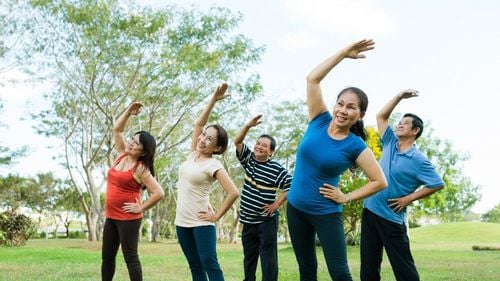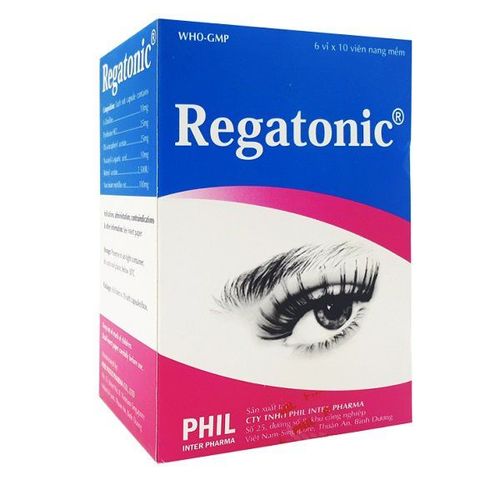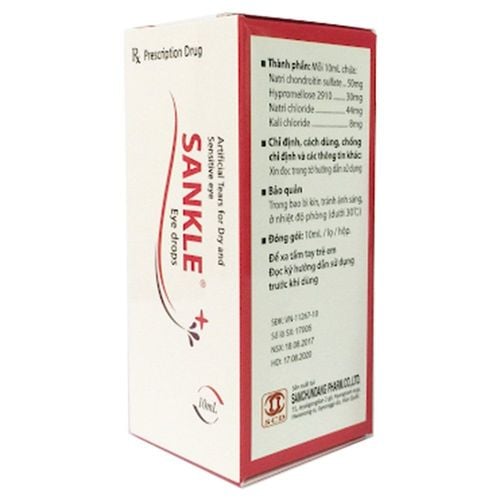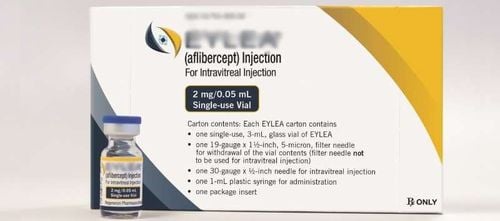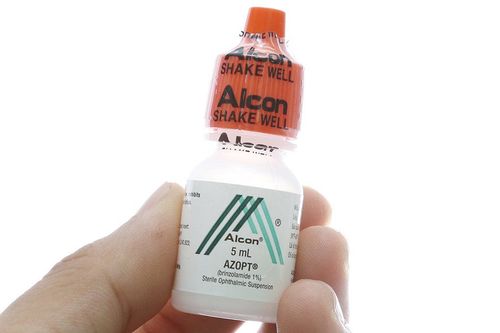This is an automatically translated article.
The aging process affects many functions of the body, which include problems with vision and eyesight. According to the survey, 1 in 6 people aged 45 and over have eye problems that threaten their vision. Therefore, protecting your eyes as you age should be an important part of your overall health plan.
1. Common signs of eye aging
Over time, older adults tend to have varying degrees of vision problems. Some of the most common vision changes with age include:
Loss of near vision (presbyopia and presbyopia); Having trouble distinguishing colors, eg blue, black...; Need more time to adjust eyes when light intensity changes; Increased risk of certain eye diseases and conditions (dry eyes, macular degeneration (AMD); diabetic retinopathy, cataracts, glaucoma....). Serious eye problems can lead to vision loss and blindness in older adults. Patients may have few or no symptoms initially. To maintain vision and improve vision, it is best to follow the eye protection methods that have been unanimously recommended by ophthalmologists.
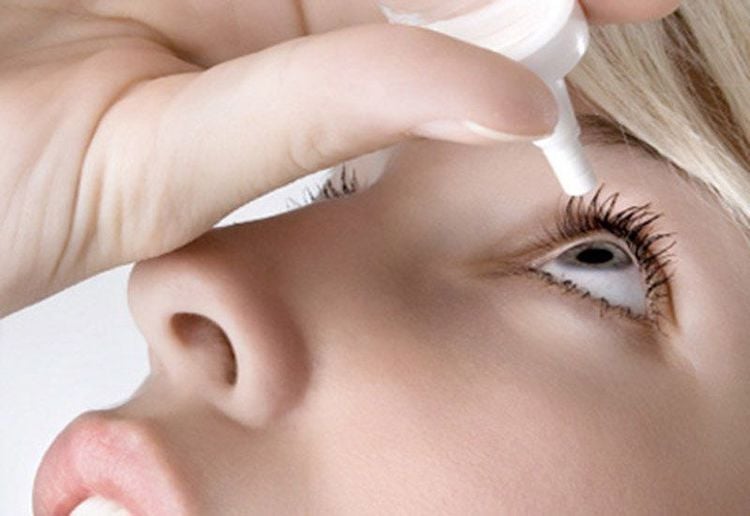
Để duy trì tầm nhìn và cải thiện thị lực, cách tốt nhất là tuân thủ các cách bảo vệ đôi mắt
2. What should the elderly do to protect their eyes?
2.1. Routine eye examination People under 50 years old, healthy are suggested to have regular eye exam every 2-3 years. Patients over 50 years old or those with risk factors (diabetes, high blood pressure, etc.), should have an eye exam at least once a year.
At these visits, the patient will have their eyes checked and have their vision measured by an ophthalmologist. Normal changes in aging eyes usually don't harm your vision. However, sometimes they are the first sign of more serious problems. For example, watery, sore eyes could be a symptom of dry eyes or a sign of a tear duct infection.
Early detection and treatment of any problem can help protect the eyes and prevent vision loss in the elderly.
2.2. Good nutrition for eyesight Nutrition also plays an important role in improving vision and eyesight of the elderly. A good menu for eyes will include:
Foods rich in Omega-3 fatty acids (mackerel, cod, flaxseeds, oysters, chia seeds...); Foods rich in vitamins A, C, E (found in fruits and vegetables) help improve eyesight; Foods containing Lutein and Zeaxanthin (found in vegetables, beets, peas, zucchini...) protect the macula and retina. In general, these nutrients play an important role in keeping the eyes moist, protecting the eyes from infection or impaired vision.
2.3. Adhere to a healthy, balanced lifestyle To protect the elderly's eyes, they should also pay attention to daily habits and lifestyles. For example:
Monitor weight, blood pressure and cholesterol in the body. If you have high blood pressure, diabetes can cause or worsen eye problems if not controlled or treated; Maintain physical activity and a healthy weight; Limit or quit smoking as it is a major factor in the progression of macular degeneration; Read books, work in a well-lit environment to avoid putting pressure on the eyes. 2.4. Rest your eyes after a long activity If you have to use a computer or concentrate on something, stop every 20 minutes to take your eyes off your work, close your eyes, or simply look into space. away to avoid eye strain.
Blinking (blinking) often also helps to spread tears evenly on the eyeball, helping to prevent dry and tired eyes. When driving long distances, alternately focus on the dashboard and objects on the road. Changing the focus frequently will help relax the eye muscles and avoid eye strain.
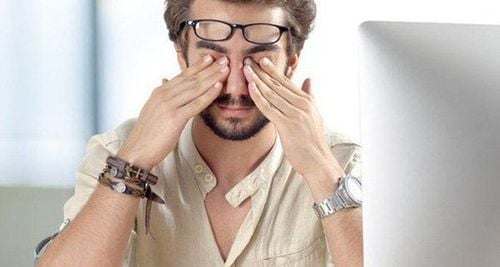
Để bảo vệ đôi mắt, hãy để mắt nghỉ ngơi sau khi hoạt động dài
2.5. Protect your eyes from external agents Protect your eyes from external agents with several methods as follows:
Protect your eyes from sunlight by wearing sunglasses that block ultraviolet (UV) radiation and wear a wide-brimmed hat when going out; Wear eye protection when participating in activities with potential risk of vision injury (e.g., playing sports, holding a gun, playing marbles, occupations such as drilling, sawing, cutting or working at height.. .); Avoid hazards such as fireworks, use of harsh chemicals such as cleaning agents, melted batteries (possibly exploding). 2.6. Watch out for warning signs in your eyes If you suddenly experience the following problems, see an ophthalmologist immediately for an examination and treatment:
Sudden inability to see or blurred vision; Seeing “flies” (small spots or “spider webs” floating in the field of vision); Painful and dry eyes; Twins ; Redness or swelling of the eyes or eyelids. Before that, the patient should learn the family history of eye diseases to easily provide information to the doctor during the examination.
Through 6 ways to protect your eyes suggested by ophthalmologists above, hopefully you can protect your eyesight and keep your eyes healthy even as you age.
Please dial HOTLINE for more information or register for an appointment HERE. Download MyVinmec app to make appointments faster and to manage your bookings easily.
References: nia.nih.gov, aao.org, webmd.com



